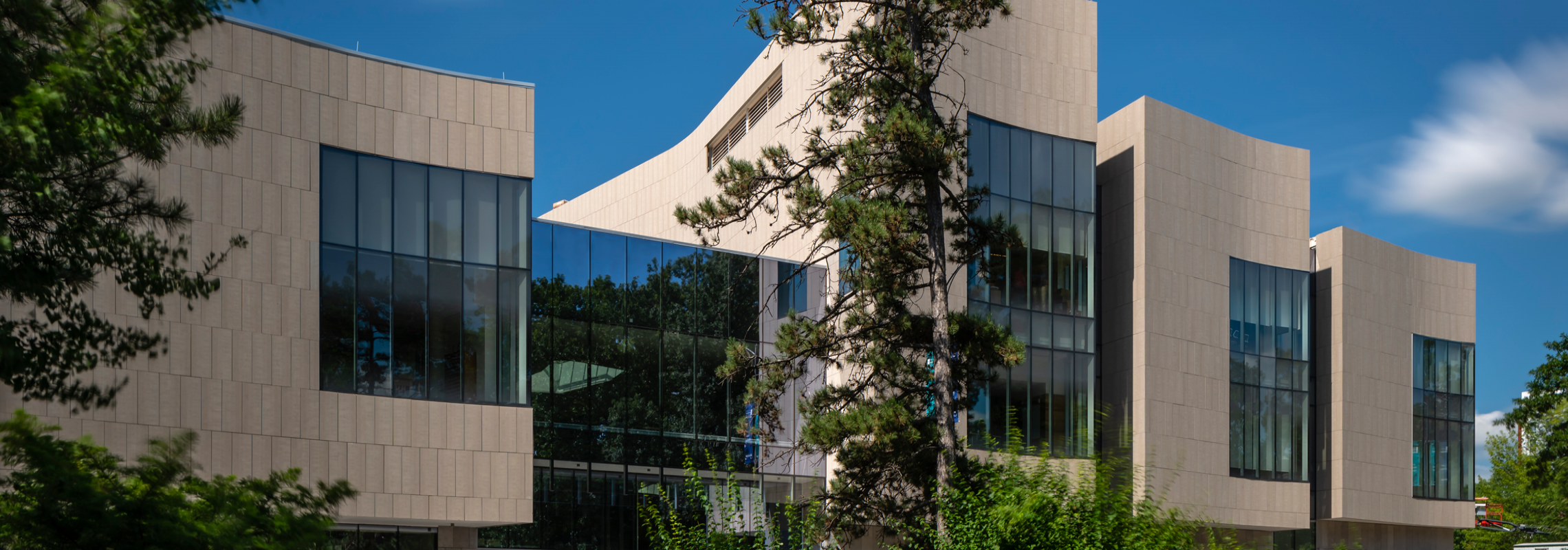Founded in 1898, the State Historical Society of Missouri is the premier research center for the study of Missouri state and local history. The administrative headquarters of the Society is located at the Center for Missouri Studies in Columbia, Missouri. This state-of-the-art facility opened in 2019 and secures the ability of SHSMO to carry out its work for a second century.
At the Center for Missouri Studies, a second floor research center connects students, researchers, patrons, and genealogists with the collections that the State Historical Society of Missouri holds on their behalf. The Center's impressive first floor gallery is designed to properly showcase one-of-a-kind pieces, whether they are the iconic works of George Caleb Bingham and Thomas Hart Benton. Flexible public spaces are also available to rent for a wide range of organization-sponsored events.
Through its education program, the Center fosters ongoing study of Missouri's past, encouraging connections among scholars in fields such as history, geography, folklore, anthropology, journalism, and other disciplines. Center initiatives consolidate and extend the State Historical Society of Missouri's multifaceted efforts to support scholars, publish new works, provide educational programs, and promote greater understanding of Missouri's history. As part of its educational mission, the State Historical Society of Missouri will host one to two classes per semester at the Center, based upon space availability.
The Center publishes the Missouri Historical Review. The cornerstone of SHSMO's publications program since 1906, this quarterly journal offers scholarly articles on diverse topics in Missouri history. An active book publisher, SHSMO's publications have covered everything from editorial cartoons to German settlement. Copies of SHSMO publications can be purchased at the Center's Ronald F. and Patty Richard Bookstore.
The Center for Missouri Studies competitive fellowship program extends SHSMO's mission to promote and disseminate the study of the state's history and culture. The fellowships specifically encourage scholarship in new or underexplored areas.

